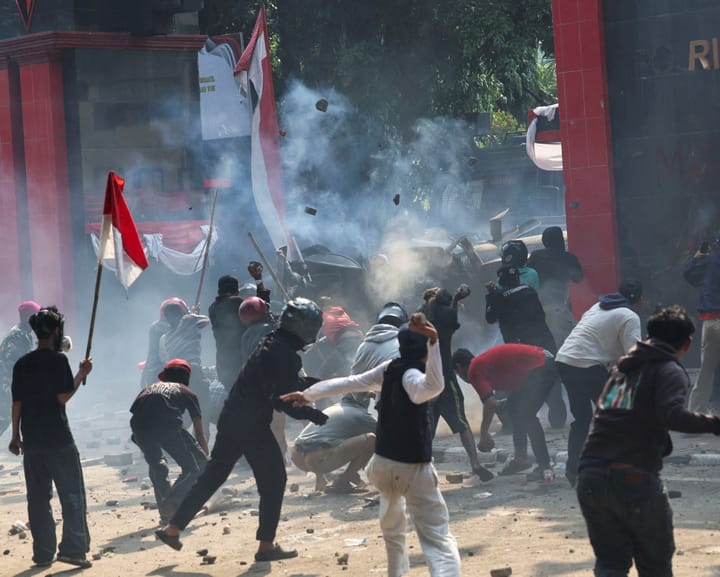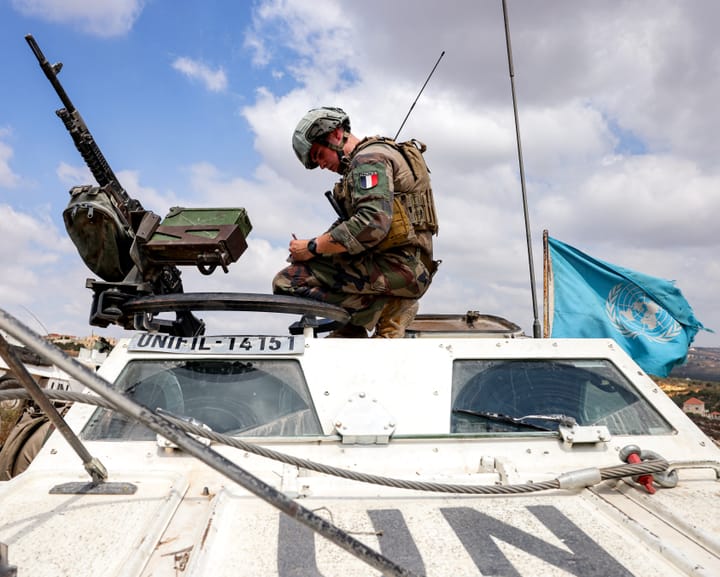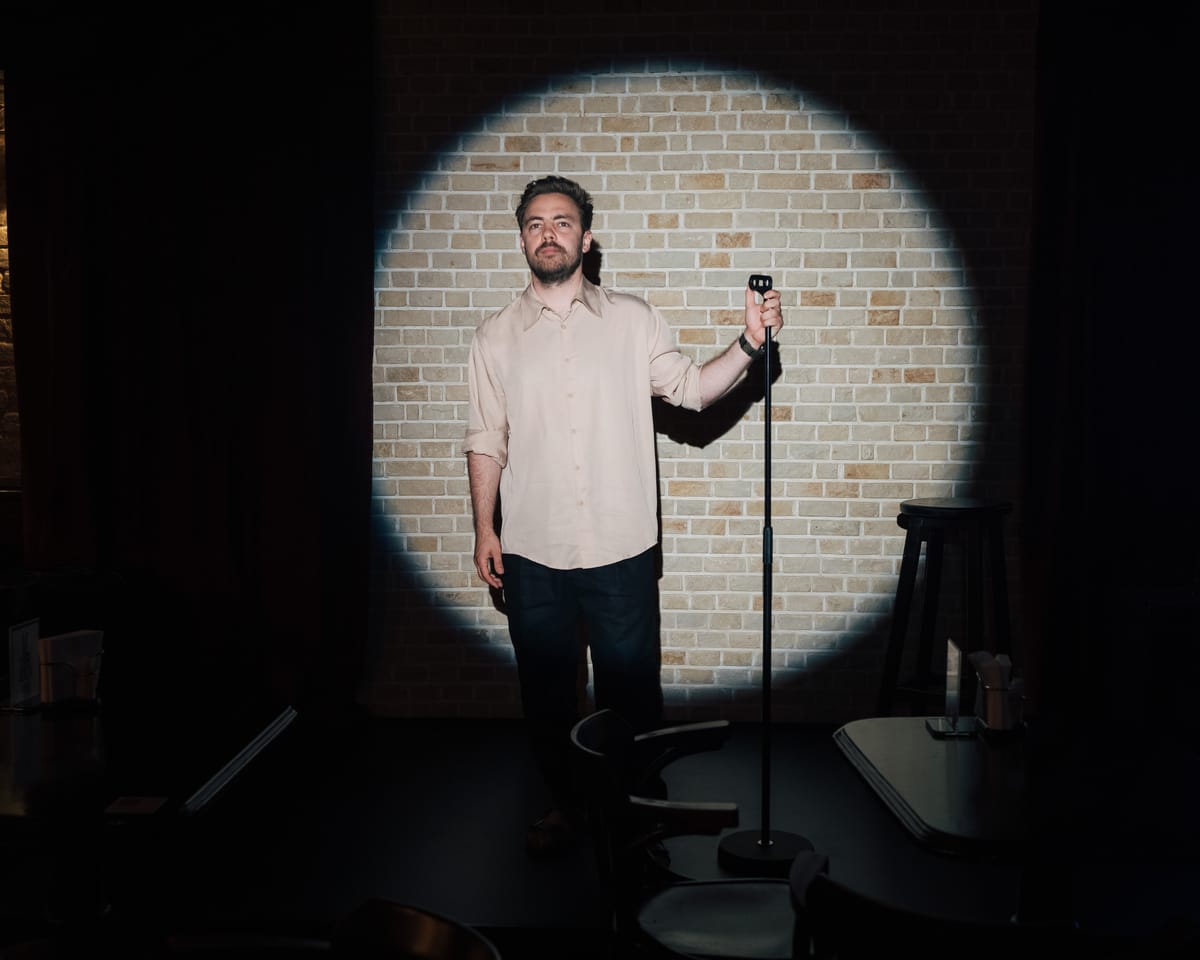Anton Tymoshenko is worn out. Ukraine’s best-known standup comic—Volodymyr Zelenskyy doesn’t count, as he’s now the president—has just come back from a demanding tour across Europe, performing 36 shows in 50 days. He appeared in Berlin, Paris, and London, as well as Birmingham, where Tymoshenko attempted, without success, to find souvenirs from Peaky Blinders.
His crowds consisted mostly of Ukrainians living overseas, many displaced by the ongoing conflict. The tour gathered close to $500,000, all of which will support Ukraine’s military.
Beyond exhaustion, Tymoshenko expresses frustration at his country’s circumstances following Russia’s invasion. “War is amusing for the first two years. Then it stops being amusing,” he remarks during a conversation at Kyiv’s well-known comedy spot, the Underground Standup club.
He cites Mark Twain’s idea that humor is tragedy plus time. “For us, it’s tragedy upon tragedy,” he says, referring to a week in which Moscow struck Kyiv and other Ukrainian cities with waves of drones and missiles.
The war has reshaped Ukraine’s once-modest standup scene. Years ago, most comedians performed in Russian. Kremlin-backed media had flooded Ukrainian channels with Russian entertainment. But when Russian forces invaded in 2022, all comedians shifted to Ukrainian.
In the early weeks of the war, performers connected online, exchanged jokes, and shared material—some even broadcasting from occupied areas. “This war pushed our culture forward,” Tymoshenko says. “Russian comedy isn’t truly comedy because they avoid truth, particularly about politics.”
Standup has since surged in popularity. In 2023, Tymoshenko sold out Kyiv’s 3,000-seat Palace of Ukraine. Last year, he traveled across North America, performing in English for the first time—a task that required testing jokes with friends beforehand.
His set in New Jersey included quips about bomb shelters (“Even if the joke is bad, the audience can’t leave”) and weapons (“I get it—you can’t donate all of them. You need some for your schools.”) He also joked about Joe Biden (“He’s a lot like Ukrainians—he looks like he could pass away any second.”)
Tymoshenko credits Zelenskyy for paving the way. Before entering politics, Zelenskyy was a successful entertainer, known for his comedy studio Kvartal 95, which thrived in Ukraine and early-2000s Russia under Putin. “Without him, we’d still be consuming Russian material,” Tymoshenko admits.
Eventually, though, Kvartal 95 dominated the humor scene, producing numerous TV shows and films, including Servant of the People, in which Zelenskyy played the president—a role that foreshadowed his real-life electoral victory in 2019. “They expanded too much, and the quality suffered,” Tymoshenko notes.
He finds Zelenskyy more compelling as a wartime leader. “It’s surreal having someone like him in charge. There’s a strange Black Mirror quality to it. It’s not normal, but the world isn’t either.”
Read next

"UN rights officials call for leadership to label Israel's Gaza offensive as genocide"
Hundreds of UN Human Rights Staff Urge Leadership to Label Gaza Offensive as Genocide
A significant number of employees from the United Nations’ primary human rights body have endorsed an internal letter urging their leaders to recognize Israel’s military campaign in Gaza as genocide and to push member states

"Demonstrations break out in Indonesia after police car fatally strikes man"
Hundreds of Indonesians have gathered at locations across Jakarta to demonstrate following the death of a man struck by a law enforcement vehicle, marking the first major challenge for Prabowo Subianto’s administration, which took office nearly a year ago.
The victim, a motorcycle ride-hailing driver, was hit during clashes

"UN to halt Lebanon peacekeeping mission next year amid US, Israeli pressure"
The UN Security Council has extended the peacekeeping mission in Lebanon for another 16 months, though it will conclude by the end of 2026 following pressure from Israel and the US.
Council members unanimously approved the decision on Thursday to renew the mandate of the UN Interim Force in Lebanon

